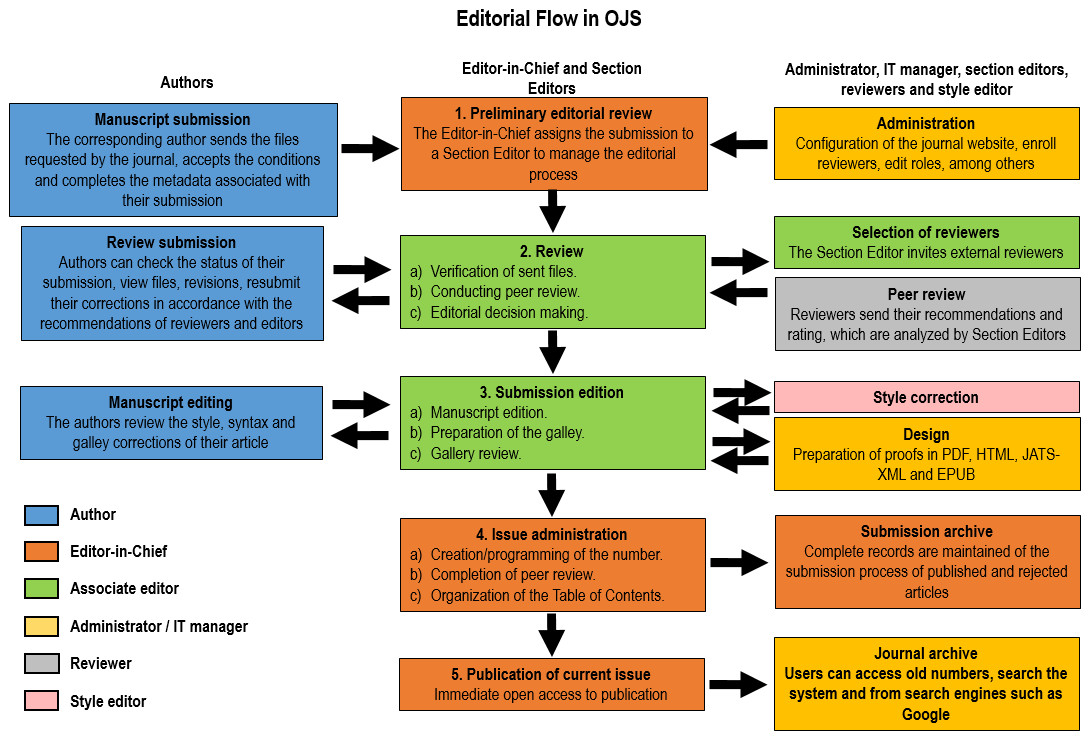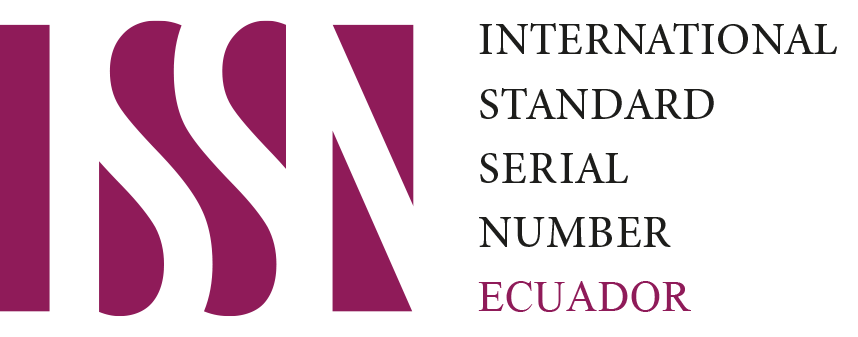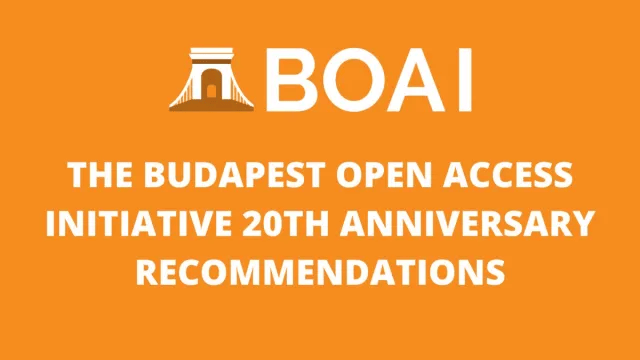Peer review policy
The Journal of Food Science and Gastronomy is committed to ensuring the integrity and quality of the published research through a double-blind peer review process. This methodology allows authors and reviewers to maintain anonymity, promoting an impartial and objective evaluation of the manuscripts.
Review process
- Submission of manuscripts: The editorial team will initially review all manuscripts to assess their suitability for the journal's focus. Manuscripts that meet the requirements will be sent to expert reviewers in the field.
- Reviewer selection: Reviewers will be selected based on their expertise and knowledge in relevant areas such as food science, food technology, and gastronomy. At least two reviewers will evaluate each manuscript through peer-review instruments provided by the journal.
- Conflict of interest statement: When participating in the peer review process, reviewers must declare any conflict of interest that may influence their ability to evaluate the scientific article impartially. This statement includes any financial, professional, or personal relationships that may introduce bias in the manuscript evaluation. Reviewers should also refrain from reviewing articles that may have conflicts of interest with the authors, such as recent collaborations or similar institutional affiliations. The declaration of conflicts of interest is a fundamental part of the peer review process to ensure the integrity and impartiality of the evaluation of scientific articles.
- Evaluation: During the review process, reviewers will provide feedback on the manuscript's scientific quality, originality, and relevance. This feedback will include suggestions for improving the content and presentation.
- Editorial decision: Once the evaluations are complete, the editor will decide whether to accept, revise, or reject the manuscript based on the reviewers' recommendations. The authors will be informed of the decision and provided with the reviewers' comments.
- Revisions and author response: If revisions are required, authors must respond to the reviewers' comments and resubmit the revised manuscript within the stipulated timeframe.
- Publication: Once the manuscript is accepted, final editing will proceed, and it will be scheduled for publication in the journal's next issue.
The final decision on publication will be based on the quality, relevance, and originality of the manuscripts, which is the responsibility of the associate editor overseeing the submission management. This double-blind process protects the identity of the reviewers and authors and fosters a more equitable and rigorously critical evaluation environment, ensuring that only high-quality research contributing to advancing knowledge in food science and gastronomy is published.













































